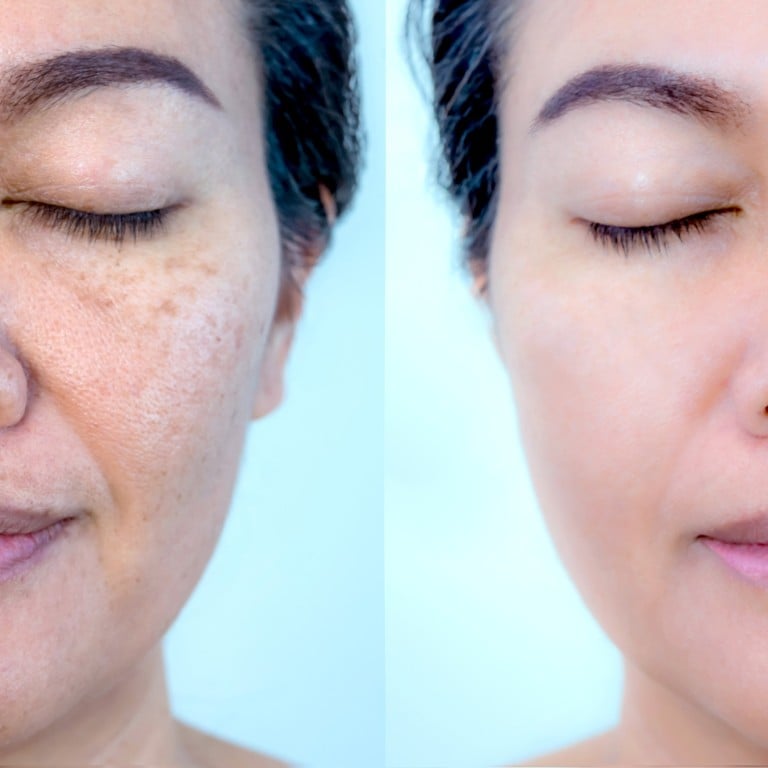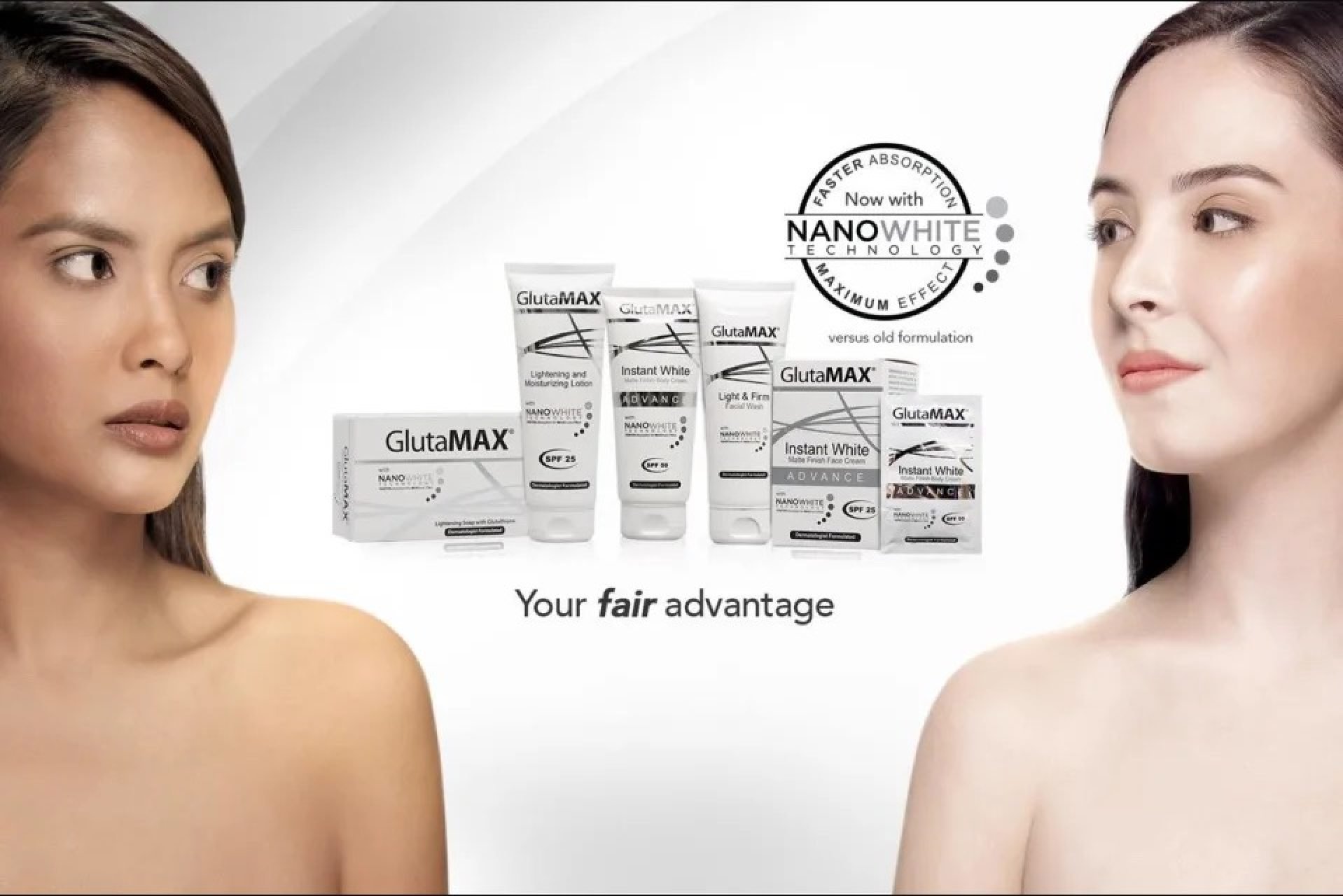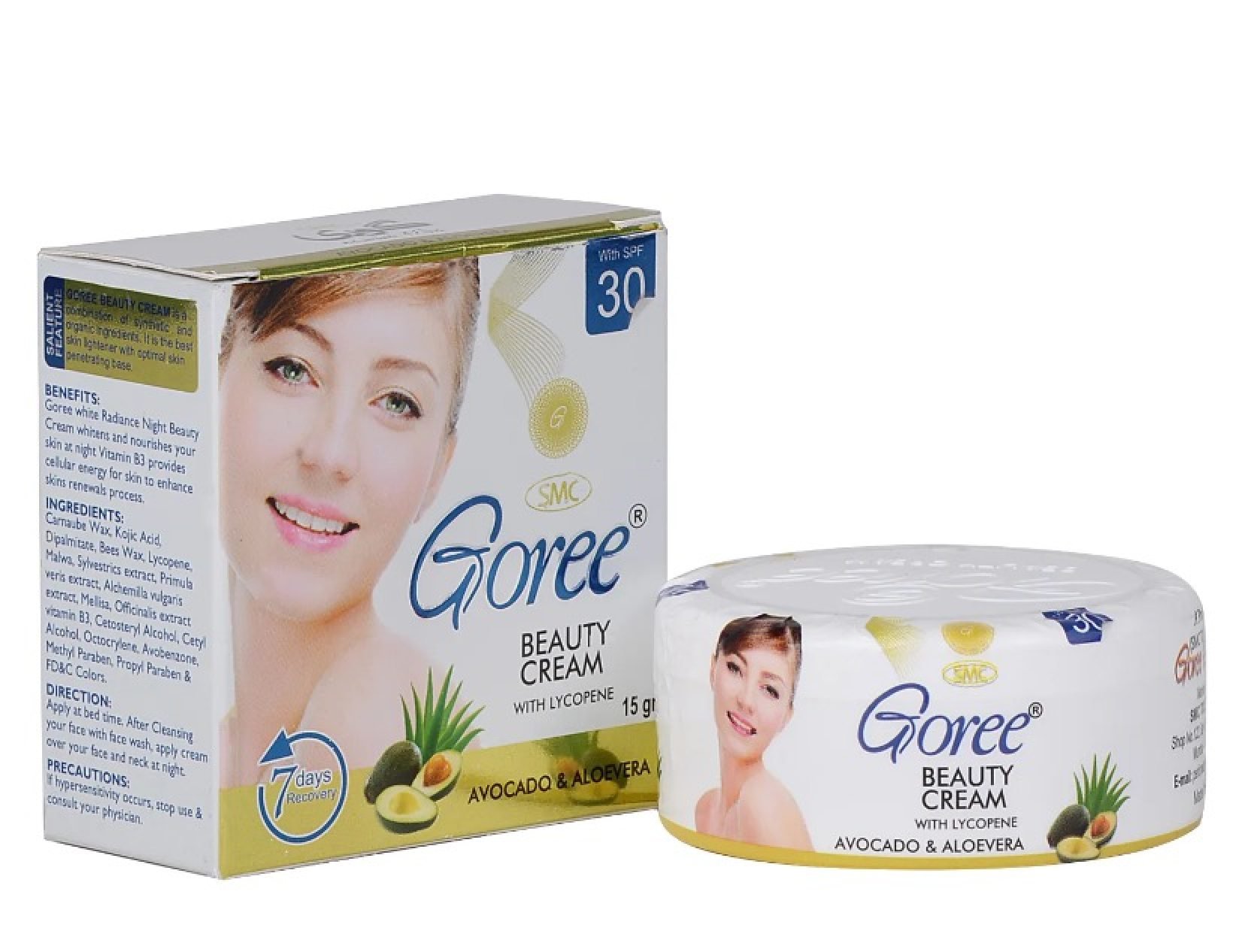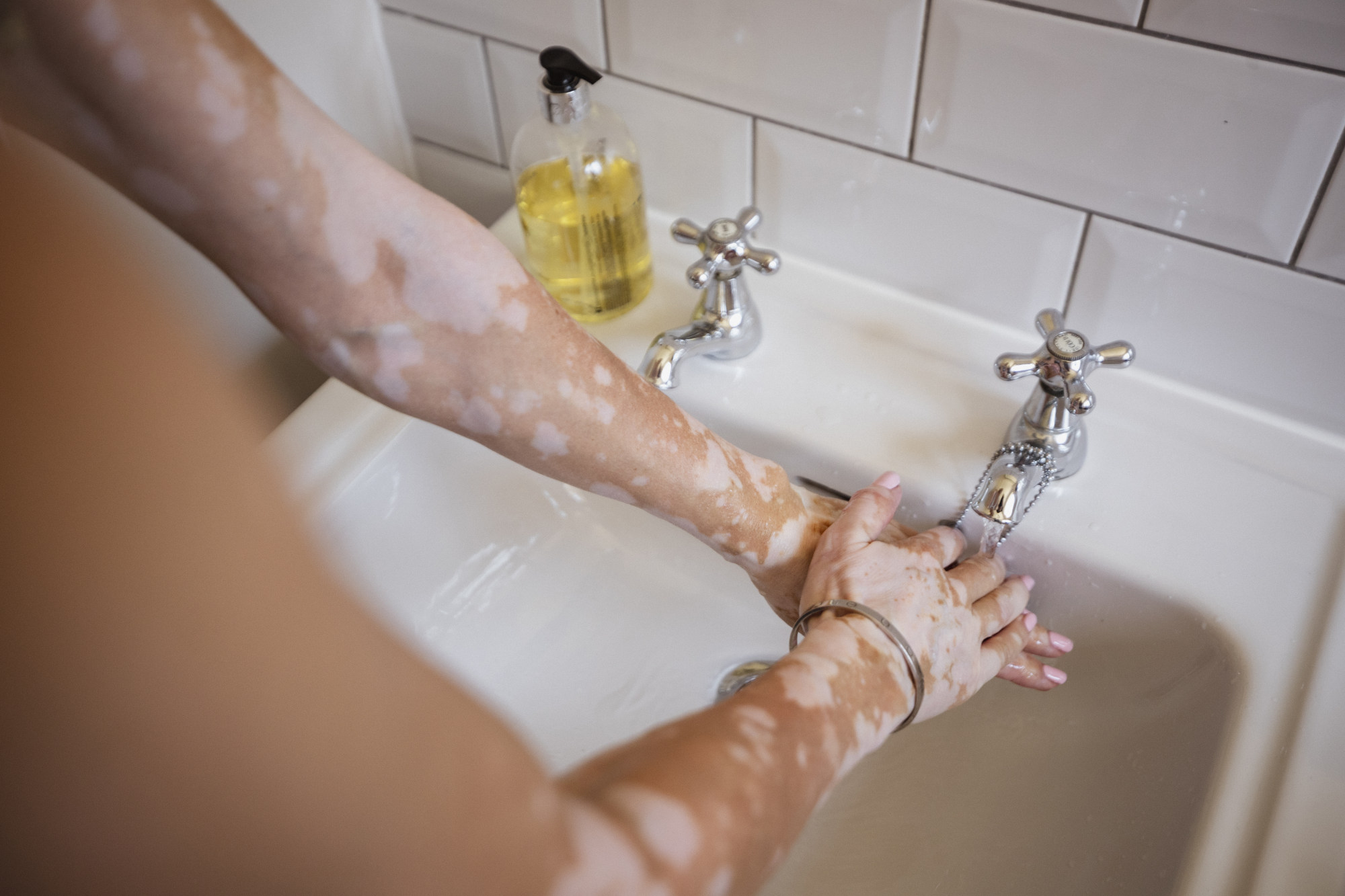
Skin ‘whitening’ risks: why you shouldn’t use lightening creams and what you can try instead
- Skin lightening creams often contain mercury, which can damage the kidneys, brain and nervous system, as two Hong Kong women recently learned
- A doctor warns of the risks of using such products, and describes solutions medical professionals can prescribe that will deliver the desired results safely
Skin lightening – using cosmetic products to make the skin appear paler by reducing the amount of pigmentation – is a multibillion-dollar industry.
According to market researchers Global Industry Analysts, it was worth about US$8 billion in 2020 and is expected to hit US$12.6 billion by 2027.
In China, Malaysia, the Philippines and South Korea, the practice is rooted in unrealistic beauty ideals.

It is not just the ugly side of the beauty industry, where fairer or “brighter” skin is sought after, that is worrying – there are also serious health issues.
But exposure to mercury can have serious health consequences, including damage to the kidneys, brain and nervous system.
Last month in Hong Kong, the Centre for Health Protection (CHP) appealed to the public not to use two whitening cream products over concerns they contain excessive amounts of mercury.
The appeal came after two women, aged 39 and 43, were admitted to hospital with suspected mercury poisoning after using the products.
“In severe cases, renal failure may occur,” a CHP spokesman warns.

The two patients were diagnosed with proteinuria, a condition in which a high amount of protein is detected in the urine. It is often a sign of kidney damage.
Both had something else in common – a beauty routine which included using two products under the Pakistan brand name Goree – the products were the “Goree Day and Night Beauty Cream Oil Free” and the “Goree Beauty Cream with Lycopene, Avocado & Aloevera”.
The CHP made the connection and called on people to stop using the products and to consult healthcare professionals as soon as possible if they felt unwell.
Facebook is loaded with accounts selling the products. Even the popular e-commerce platform Etsy is selling them in Hong Kong.
Priced at HK$130 (US$17), the “Goree Day and Night Beauty Cream” product is promoted on Etsy as “the only cream that cleanses pimples, wrinkles, marks, hives even dark circles under the eyes and turns your skin white, makes it look beautiful”.
It is not surprising that these products continue to be sold on e-commerce platforms. Earlier this year, a study by Zero Mercury Working Group – a coalition of more than 110 public interest environmental and health non-governmental organisations – found dangerous levels of mercury in skin creams sold on Amazon, eBay and other online retailers.

“Another side effect can be vitiligo, which is loss of skin pigmentation and irreversible white patches,” she adds.
The Hong Kong Customs and Excise Department also waded in, calling on consumers not to buy or use beauty products of unknown composition or from doubtful sources. “Only purchase beauty products at reputable retail shops,” it said.
Salmond says those seeking skin treatments should consult professionals.
Medical practitioners prescribe other treatments with excellent results, including tranexamic acid – a medicine that controls bleeding but which can also be applied topically, under a doctor’s supervision, to reduce dark spots and improve hyperpigmentation, she says.

In-clinic supervised Cosmelan peels can also improve conditions such as melasma – patches and spots, usually on the face, which are darker than your natural skin tone, she says.
“In some women, hormones such as oestrogen in the contraceptive pill, or oestrogen dominance, can increase melasma,” she adds.
Balancing hormone levels will help to treat oestrogen dominance, which occurs when the body does not make enough of another hormone, progesterone.

